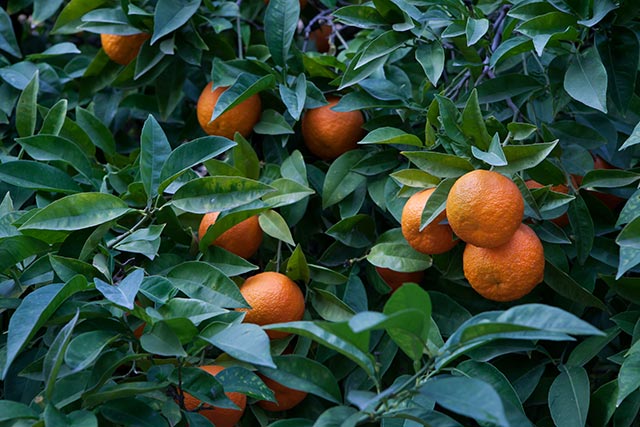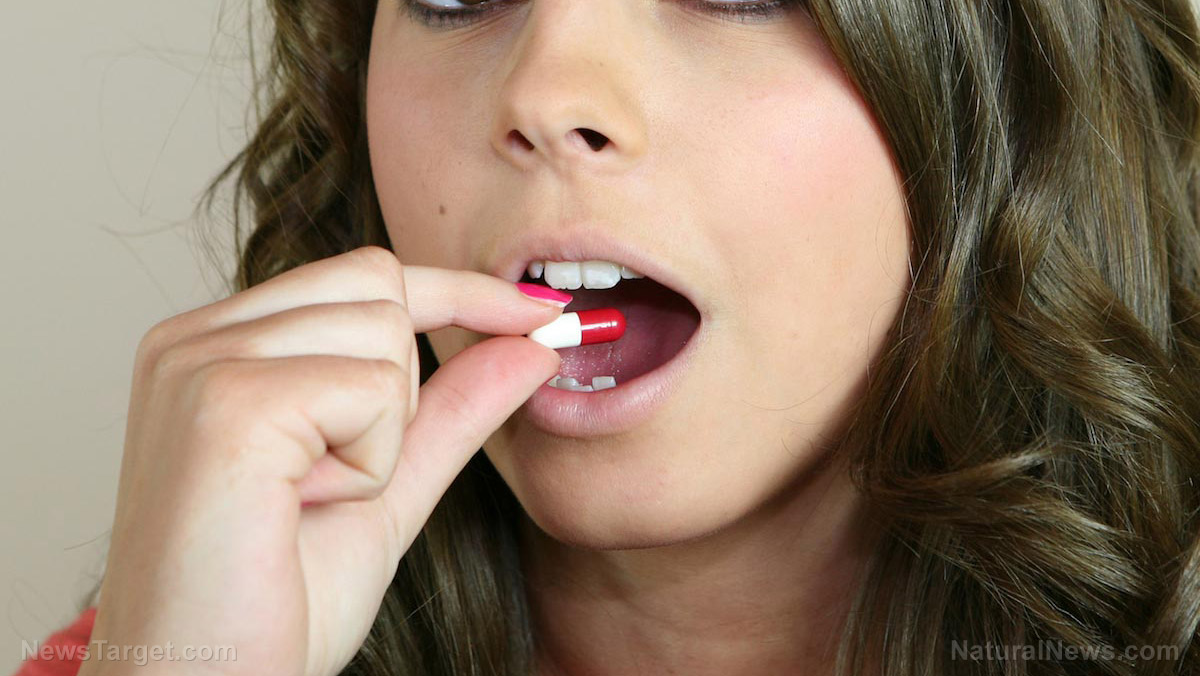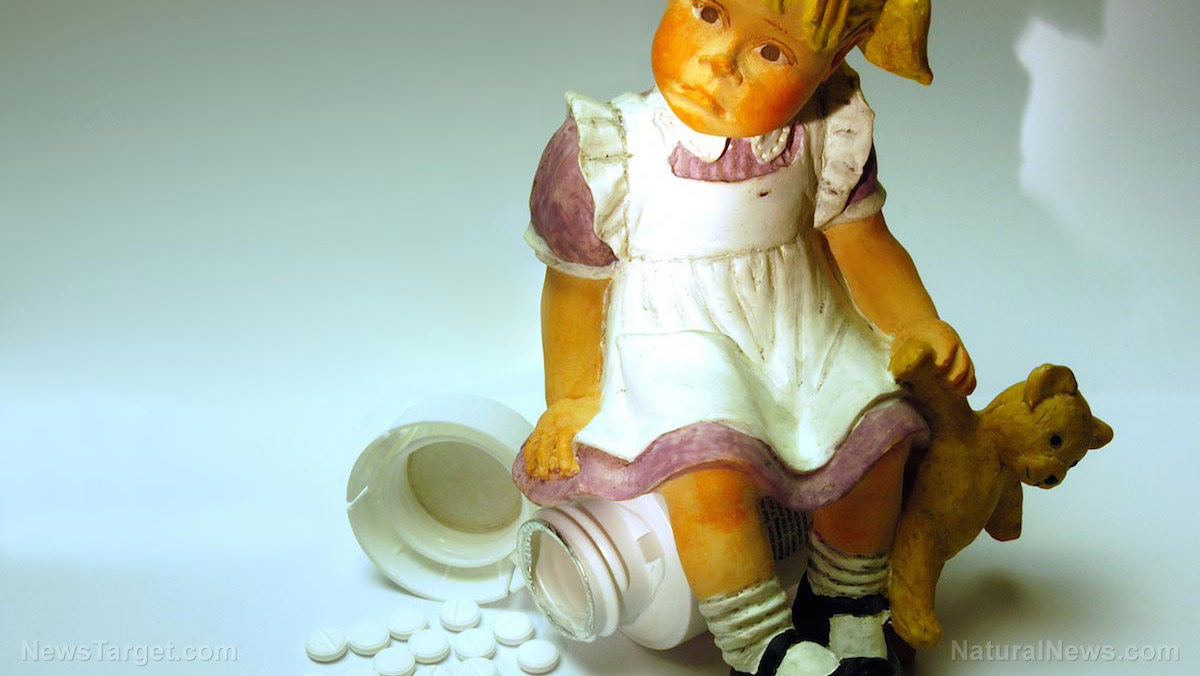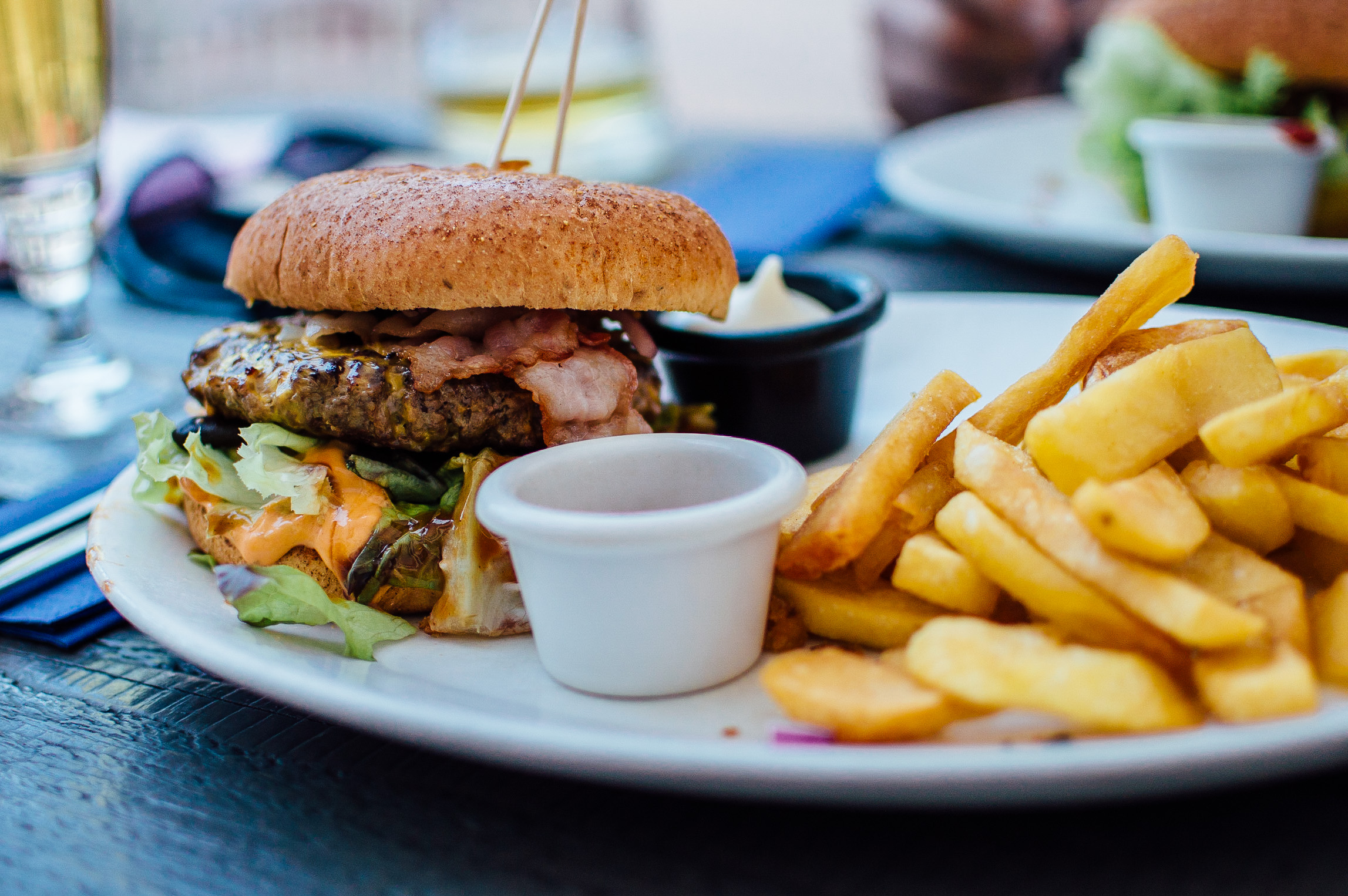Dopamine influences your decisions; scientists discover that how long we have to wait for what we want affects its value
09/05/2018 / By Rhonda Johansson

Scientists at the University of Texas at San Antonio (UTSA) are explaining the allure of waiting for your lover’s caress — or at least why and how we judge something to be “worth” our waiting. Assistant professor of biology at UTSA Matthew Wanat believes that dopamine, the neurotransmitter often associated with mood regulation, plays a significant role in decision-making. This, perhaps, is not a new concept (other studies have already proven that dopamine determines how we view situations and how we react to them) but Dr. Wanat was more interested in the concept of time.
Dopamine does affect our snap decisions. The neurotransmitter is even responsible for our (fairly intellectual) choices on risk-taking. However, the “Penelope” concept — the idea of choosing to wait longer for a desired outcome — has never been studied in relation to dopamine release. This extends beyond the typical cost-benefit formula our brain has on making decisions. Dr. Wanat wanted to answer the question of whether waiting changed the way dopamine was released.
Using a technique known as voltammetry, Dr. Wanat and his team measured the amount of dopamine released among mice who were presented with two different Pavlovian training situations. Mice were exposed to two different tones that both predicted the delivery of a food reward. The first tone was given after only a short wait, while the other was sounded after a longer time. The team saw that mice who had to wait for less time released more dopamine.
However, mice needed a shorter and shorter wait time to generate the same amount of dopamine. Those who were trained to wait a little longer showed no difference in dopamine levels.
This, the authors hypothesize, could explain why we might be willing to wait for a greater reward.
“A lot has been said about the role of dopamine in reward, but reward is only really important in the context of making choices,” explained one of Dr. Wanat’s colleagues, Charles Wilson who is the Ewing Halsell Distinguished Chair in Biology. “Dr. Wanat’s experiments allow direct measurements of dopamine acting in the brain during the process of choosing, and reveals how the brain decides the values of our choices.”
Further implications
There are so many romantic allusions we can make about this study, but in all seriousness, the research could provide more insight into drug addiction and neurodegenerative diseases such as Parkinson’s. Scientists are exploring the possibility that addicts exhibit abnormal brain function, mostly in areas that deal with neurotransmitter release. Additionally, these disruptions are influenced by the physiological need to receive the same amount of stimulation in a shorter amount of time. Put simply, dopamine release can, possibly, be the key to addiction. (Related: Understanding the war between nicotine and dopamine helps smokers quit.)
As Dr. Wanat explains: “By figuring out how the dopamine system works in normal and abnormal circumstances, we could potentially identify important changes and the ways that could target the dopamine system to rectify the consequences of these behaviors.”
Earlier research supports this. A researcher at the Salk Institute, Dr. Hao Li, performed a similar voltammetry experiment on mice and concluded that dopamine abnormalities could explain certain behaviors among drug addicts and patients with Parkinson’s disease.
Another study done by a team from the Massachusetts Institute of Technology (MIT) concluded that dopamine works intricately with the basal ganglia (a cluster of cells in the brain linked to habit formation, voluntary movement, addiction, and emotion) to make decisions. “Harder” choices, which were defined as those that required more anxiety-provoking cost-benefit analysis, required the brain to release more dopamine to determine an appropriate response.
Sources include:
Tagged Under: addiction, brain health, decision making, dopamine, drug addiction, Mind, Parkinsons



















